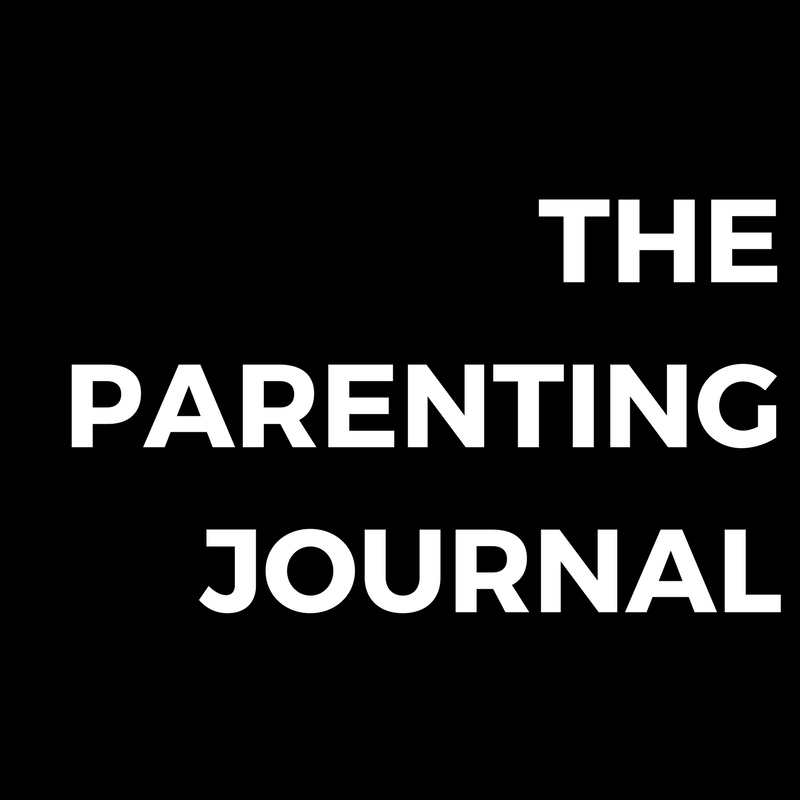
Recently, I read Frank Sesno's "Ask More: The Power of Questions to Open Doors, Uncover Solutions, and Spark Change". Many of the tactics can be applied to dialogue with our children too. Here are five ways we can use questions to get our children to tell us more about their lives and also teach our children in a more effective way.

1. Use Echo Questions
"Echo questions enable me to use the other person’s own words for emphasis and as a follow-up question. I add inflection to suit the mood—sympathy, surprise, and humor. Henry says, “The way they treated me just made me want to scream.” You ask your echo question. “Scream?” Rita says, “I don’t know why I even try anymore." - Frank Sesno in Ask More: The Power of Questions to Open Doors, Uncover Solutions, and Spark Change
Dr. Thomas Gordon calls it "Active Listening" In his Effective Parenting method.
Basically it is repeating your child's words, reflecting back what she said.
When we do this, we signal that:
Also, it often leads to teachable moments that effective and are compassionate, affectionate and memorable for your child.
Example 1
Example 2
From Frank Sesno's Ask More:
"Your six-year-old comes home from school with a note from the teacher saying your child swiped a banana from a classmate at lunch. You ask what happened. “The lunch room was really noisy and Katie was being mean. So I took her banana.” Echo question: “You took it?” “Yes, I took it. But I didn’t steal it, I just took it. She was saying bad things about me and I didn’t like it.” Life is simple at six. Now you have a teachable moment. You can explain that we don’t “take” things from other people’s lunch trays, even if we’re annoyed at them."

2. Periodic Encouragement
In Frank Sesno's Ask More, he discusses how interrogators get their subjects to talk more. The same works with children. Sesno writes of an interrogator, Barry:
"When he hears something relevant or that he wants to learn more about, he signals his interest in almost imperceptible movements, gestures, or sounds. He might lean forward and offer a slight nod or a barely audible “uh-huh.” These micro-affirmations reinforce without interrupting or distracting. They signal that Barry is engaged and sympathetic."
When your child is talking, try =>
- say "uh huh" periodically
- Nod
- Smile
- React with a gesture
The goal with periodic encouragement is to make it subtle, not too big that it disrupts your child's words.

3. Offer Rewards
Back to the interrogator. Sesno writes, 'As the conversation unwinds, Barry also offers “rewards”.
This works with children too. These rewards are sayings or actions that applaud the content of what your child is speaking.
Try these "rewards":
- “That’s really interesting”
- "Wow, really?"
- "I am so proud of you."
- Laugh (if your child is telling you something that she thinks is funny)

4. Use "Tell Me More"
Franks Sesno writes,
Therapists often use this technique to get clients to literally "tell them more". It works with children too.
When your child starts talking about an incident that you would like to engage in a conversation, try simply saying "tell me more".

5. Reinforce What Your Child Is Saying
Frank Sesno writes of reinforcing questions:
Have other ways to encourage your child to talk more to you? Leave it in the blog comments or email allie@parentingjournal.org.
Happy talking!
Allie, Mom of 3
More About The Parenting Journal
You're a busy parent. We know! We are too! That's why we started The Parenting Journal. You see, every day there are 100s of scientific studies published on childhood development and human behaviors. Busy parents do not have time to read each one or develop actionable parenting advice based on it. That's why we are here. We send very short weekday emails that give actionable and insightful parenting advice based on the latest scientific studies and experts' findings.
What one reader and fellow mom of 3 said recently,
"What I love about The Parenting Journal is that is is actionable and insightful parenting advice that requires very little reading."
Don't miss out. Sign up now for free.

wGXAUNpdRKvHWo
OjngFEaylx
KYptJyBbscwQS
RlyeVapkuSHzh
ewyYScFVKqbWEv